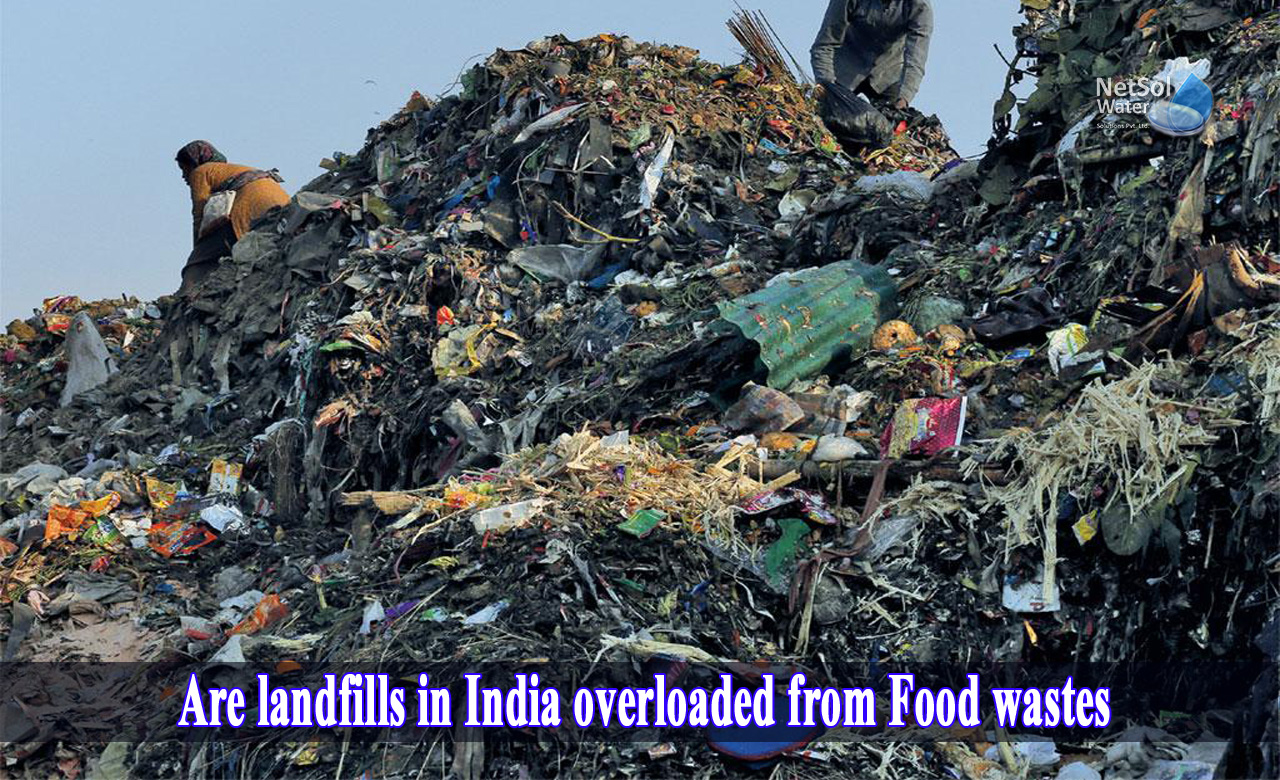Introduction
Food waste is largely organic, made up of carbon, hydrogen, oxygen and nitrogen, as well as trace amounts of other elements. When organic waste is placed in a landfill, microbes begin to break it down in a process known as 'anaerobic digestion.' The microbes use this energy to maintain their life cycle, but as a by-product, greenhouse gases (methane and carbon dioxide) are created. These gases are discharged into the atmosphere if they are not captured.
Why are landfills required?
Landfills are found throughout India. Some locations practice 'landraising' (directly putting waste on the ground), while others conduct 'landfilling' (filling a hole in the ground with the waste). These waste mounds contain a mix of domestic and business waste.Every year, the average Indian home generates more than a tonne of this waste.
Landfills accept both residential and business waste. The majority of household waste delivered to landfill is organic waste, such as food, paper, cardboard or wood. Other types of home waste include plastic or tin packaging.These provide a crucial infrastructure demand by dealing with leftover waste generated by industries and families. This waste is projected to increase as the population grows and consumer habits change.
Are landfills in India overloaded from Food wastes?
Despite the fact that many cities now have recycling programs that encourage people to separate food waste from other waste so that it can be used to potentially generate biomass energy, but substantial volumes of food waste are still discarded and mixed up with other non-organic waste.This might be at home, where many people just throw all waste in one bin, or it could be in a number of different places, such as public bins.
Recycling centers can sort various materials, yet it is exceedingly difficult to separate organic waste from other waste, thus much of it ends up in a landfill where it is mixed with all kinds of other waste.Approximately one-third of the food produced annually is never consumed. As a result, it should come as no surprise that the environmental consequences are massive.
Conclusion
We, the younger generation, need to be conscious of environmental concerns and what is going on in our own nation. Who will address the present waste crisis if we won’t? Young minds and academics are addressing the issues and even developing alternative methods for more sustainable MSW treatment. There are legal loopholes at every level of waste management. To conserve our last pure ecosystem, the 'GREEN PROTOCOL' should be implemented in every state of India.
In essence, if there are no earthquakes or subsurface methane gas explosions, well-constructed and maintained landfill sites may be able to hold dangerous chemical and leachate wastes for hundreds of years. However, the large volumes of landfill gasses cannot be contained in this manner.We should do all in our ability to eliminate landfill waste as we strive to make our organizations and waste management more sustainable.We have to take sustainability measures to ensure minimal food wastage by using Domestic Food waste recyclers.
If you'd like to learn more about how a Food Waste Recycler might help you transform your food waste, call on +91-9650608473 or send an email to enquiry@netsolwater.com and assist your fellows in becoming more environmental friendly!
Netsol Water is Greater Noida-based leading water & wastewater treatment plant manufacturer. We are industry's most demanding company based on client review and work quality. We are known as best commercial RO plant manufacturers, industrial RO plant manufacturer, sewage treatment plant manufacturer, Water Softener Plant Manufacturers and effluent treatment plant manufacturers. Apart from this 24x7 customer support is our USP. Call on +91-9650608473, or write us at enquiry@netsolwater.com for any support, inquiry or product-purchase related query.



